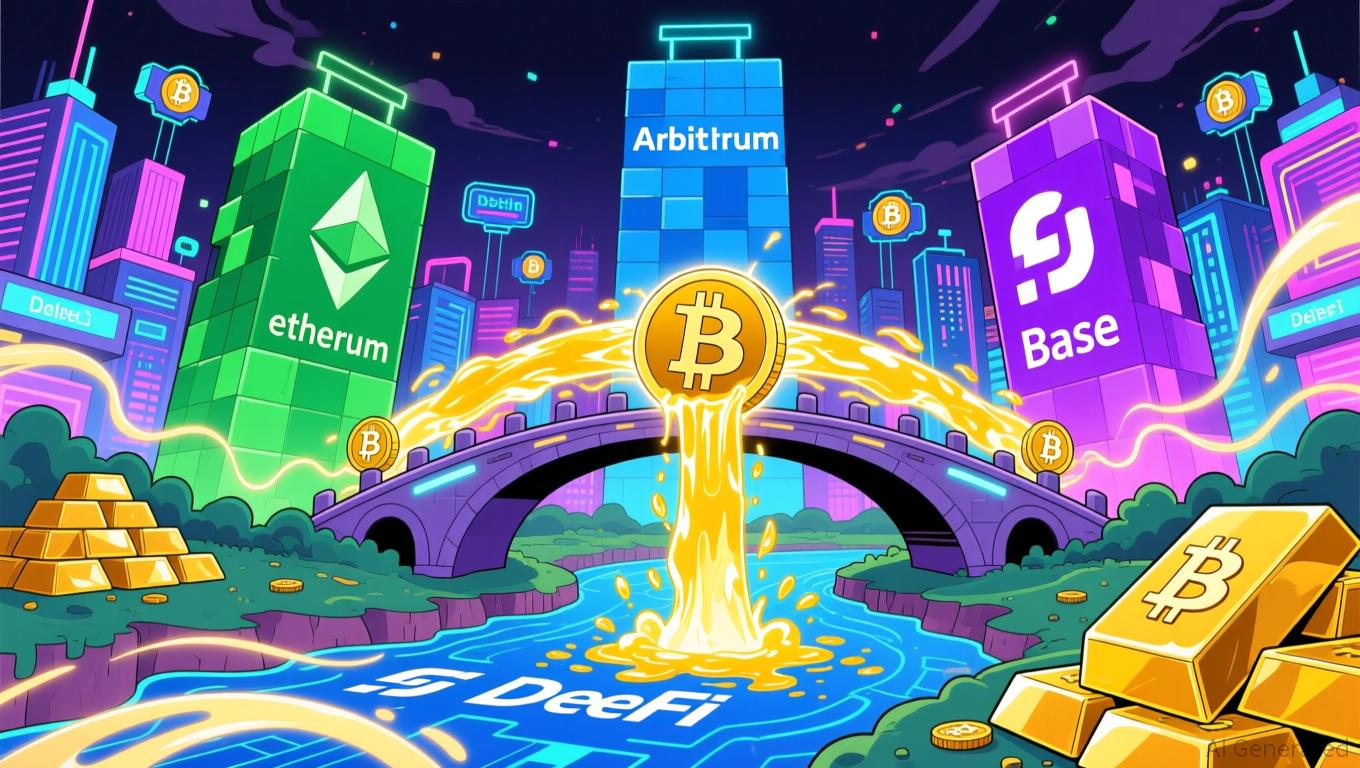Singapore Is Testing the Future of Banking
Singapore isn’t just talking about digital finance anymore. It’s moving. The Monetary Authority of Singapore has kicked off a major trial that pushes tokenization out of the lab and into the real world. This new experiment brings together tokenized MAS bills and central bank digital currency settlement. In simple terms, Singapore is setting up the rails for a future where traditional finance and blockchain finally work side by side.
Tokenized MAS Bills: What’s Actually Happening?
The central bank is preparing a pilot where MAS bills will be issued in tokenized form to primary dealers. These transactions will settle using wholesale CBDC. Details will come next year, but the direction is clear: Singapore wants to turn old-school financial instruments into programmable digital assets without breaking trust, stability, or regulation.

MAS Managing Director Chia Der Jiun made it clear during his FinTech Festival speech that tokenization is no longer stuck in experimentation mode. It’s already powering commercial activity. The only missing piece is scale, and that’s exactly what these trials are designed to unlock.
Why Tokenization Matters Now
What this really means is that the benefits of tokenized finance are finally becoming practical. Chia highlighted the big advantages: around-the-clock settlement, fewer intermediaries, faster collateral movement, and more efficient financial plumbing overall. But he didn’t sugarcoat it. The industry still has to clear structural hurdles before this becomes mainstream.
Three major banks — DBS, OCBC, and UOB — have already completed interbank overnight lending using the Singapore dollar wholesale CBDC. Singapore clearly wants to prove that tokenized finance can work safely at scale when backed by trusted settlement assets.
Stablecoin Rules: Singapore Draws a Hard Line
Chia also turned to stablecoin regulation, pointing out that MAS has already finalised its framework and is preparing legislation. The focus is simple: strong reserves and reliable redemption. Under the Payment Services Act, stablecoins are classified as digital payment tokens, and Singapore’s 2023 guidelines lay out strict rules for single-currency stablecoins pegged to the SGD, USD, EUR, and other major currencies.
Chia didn’t mince words about unregulated stablecoins. Their shaky track record in maintaining their peg can trigger panic similar to the 2008 failures when money market funds slipped under a dollar. Singapore’s stance is clear: only well-backed, tightly regulated stablecoins will be allowed to operate.
BLOOM Initiative: The Next Step Forward
To keep the momentum going, MAS has rolled out the BLOOM initiative. This program supports industry experiments using tokenized bank liabilities and regulated stablecoins for settlement. It’s Singapore’s way of pushing innovation while keeping control of the risks.
Singapore is positioning itself as the global testbed for responsible tokenized finance. Tokenized MAS bills, wholesale CBDC settlement, and strict stablecoin rules all point in the same direction: a future where blockchain-based finance isn’t a novelty but an everyday tool for global markets.
Disclaimer: The content of this article solely reflects the author's opinion and does not represent the platform in any capacity. This article is not intended to serve as a reference for making investment decisions.
You may also like
Bitcoin News Update: Decentralized tBTC Bridge Competes with Centralized Alternatives in the Battle for Bitcoin Liquidity
- Threshold Network upgrades tBTC bridge to unlock $500B institutional Bitcoin liquidity for DeFi, enabling single-transaction minting to Ethereum , Arbitrum, and Base without gas fees. - Competitors like WBTC ($13B market cap) expand to Hedera , leveraging institutional-grade security and MEV-resistant infrastructure to challenge Threshold's decentralized model. - Threshold's 51-of-100 threshold signing model eliminates custodial risks, contrasting with WBTC/renBTC's centralized custodians and attracting

Solana News Update: DATs Initiate Buybacks to Narrow NAV-Price Gap Amid Market Volatility
- Upexi Inc. authorizes $50M stock buyback to boost shareholder value amid crypto market volatility. - DATs like Upexi trade below NAV (0.68 mNAV) as broader market pressures drive discounted valuations. - Industry trend sees firms including Forward Industries ($1B buyback) using repurchases to stabilize equity. - Analysts warn mass buybacks could trigger market unwinds, though Upexi maintains 1.74 current ratio liquidity. - Strategy reflects DATs' dual role as value stores and yield generators through sta
Trump’s Wall Street Fundraiser Sparks Renewed Debate Over Deregulation and Regulatory Oversight Following Trade Finance Crisis
- Trump dined with Wall Street leaders amid First Brands' $3B trade finance collapse, exposing non-bank lending risks and triggering calls for stricter oversight. - Jefferies faces scrutiny over $3B in tied debt as its stock fell 19%, while JPMorgan's Dimon warned of systemic gaps in non-bank lending oversight. - Trump's 50-year mortgage proposal sparked debate, with critics fearing "debt for life," while a 42-day government shutdown worsened market uncertainty. - The administration's deregulatory agenda c
Digital Identity, No Data Required: ZK Protocol Secures $9M to Champion a Privacy-Centric Tomorrow
- Self Labs raised $9M in seed funding led by Greenfield Capital and SoftBank, with participation from Web3 leaders like Sreeram Kannan and Sandeep Nailwal. - The ZK-based platform enables privacy-preserving identity verification using zero-knowledge proofs and supports 129 countries' biometric passports and India's Aadhaar system. - A points-based rewards program incentivizes on-chain verification, while integrations with Google, Aave , and Velodrome expand use cases like token distribution and age checks

